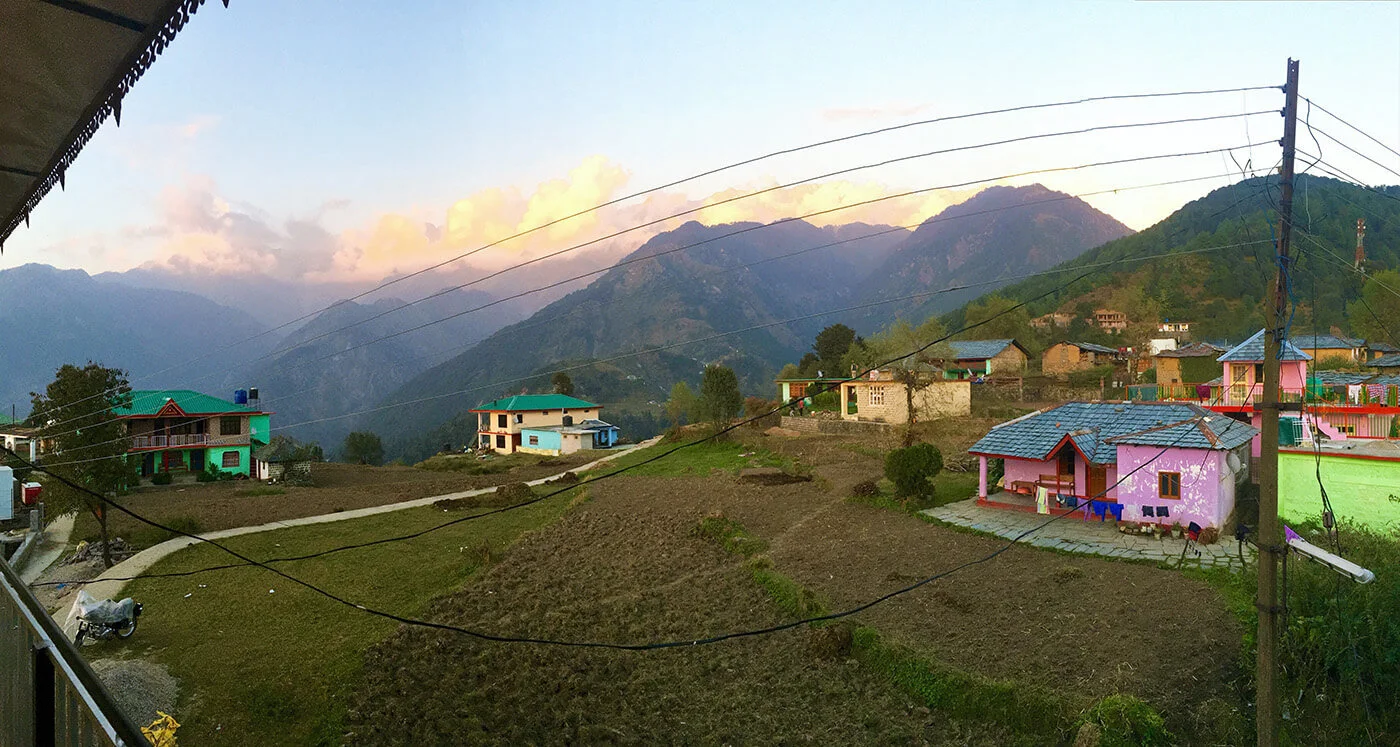We’re shaping the future of change.
We believe that to truly create impactful change that sticks & scales against today’s complex and evolving challenges, we need to include more non-traditional voices in change work.
At DOT, our work is grounded in human-centered design, an approach that invites those closest to the challenges in to the process of co-creating solutions that work for their unique contexts.
We’re also committed to helping the next generation of leaders start & grow their careers in human-centered change work. We’re creating a new kind of grad school — custom, self-directed education grounded in practical experience for anyone who wants to start creating change.
A NOTE FROM OUR FOUNDER: ANMOL KAUR
Dear partners, changemakers, friends –
I’m so glad you’re here. I’m excited to share with you why we do what we do and I can’t wait to co-create something with you.
The work we do at Designers of Tomorrow is deeply personal to me. DOT started as an experiment in 2016, when I first met Chris, my co-founder. We connected over our aspirations to create change toward a better tomorrow, but mostly we talked about how we felt unqualified and didn’t know where to start. We exchanged stories about the series of rejection letters each of us had collected over the last few months; each one reminding us that we didn’t have what it takes to create meaningful change.
We were rejected, but we weren’t ready to give up yet.
And so, we got to work instead. We spent the next year learning and doing.
We called on friends, family, industry leaders, and professors to help us navigate our way. We packed our bags and immersed ourselves in the communities we were working with. We learned from the aunties, the small business entrepreneurs, and the high school seniors we partnered with on our projects. We ended the year with strong portfolios of work and stronger perspectives on change.
Over the course of that year, I learned two Important lessons that have become the foundation of the work we do today.
I learned how the smallest voices can often make the most meaningful contributions to change. I learned the work it takes to unlock the potential in those voices and to invite them in to collaborate with us. I saw how the solutions we arrived at together were better adopted and more lasting.
I learned that change starts when we stop waiting for permission. What had started as an experiment focused on getting closer to the permission granted by certain degrees and jobs, actually showed me that I hadn’t needed it all along. Change work does not belong to a select few. Each of us can begin working on the challenges facing our world, today.
Today, at DOT, we’re committed to making change work more inclusive. We do this by helping changemakers and mission-driven organizations learn and apply human-centered design to co-create solutions toward a better tomorrow.
We’ve got a lot of work to do, and I’m so glad you’re here on this journey with us.
For changemakers: Our current models of education for change work can be limiting, exclusive, and expensive. The good news is, they don’t have to be the only option.
If you’re ready to take the first step toward your own story of change, I invite you to join us in the DOT fellowship. I’m launching the program because I know it’s not easy to take the first step alone.
I’ve spent the last three years putting the learnings from my own experience into practice and am now using this forum to share the tools, lessons, and experiences for you to get started. This year will be the first cohort of the DOT Fellowship – and I’m hoping that you will help me co-create a robust program and better do-it-yourself guides so that more changemakers around the world can access the education and experiences they need to accelerate change in their communities.
For organizations: Perhaps the biggest lesson we’ve learned at DOT, is that while it’s intuitive to apply human-centered design in our work, it’s really hard to put it into practice.
We know that good research requires time and resources, which make it hard to get started, but we’ve learned over the last few years that, often, the hardest part is actually keeping the insight alive through to execution.
We’re here to help. We’ve built up a robust toolkit to work with you every step of the way — whether it’s capacity building for your future projects, or augmenting your team to conduct research that uncovers actionable insight on an immediate challenge, or helping you bring a concept to life, right through to launch.
Let’s get to work.
Love,
Anmol



















